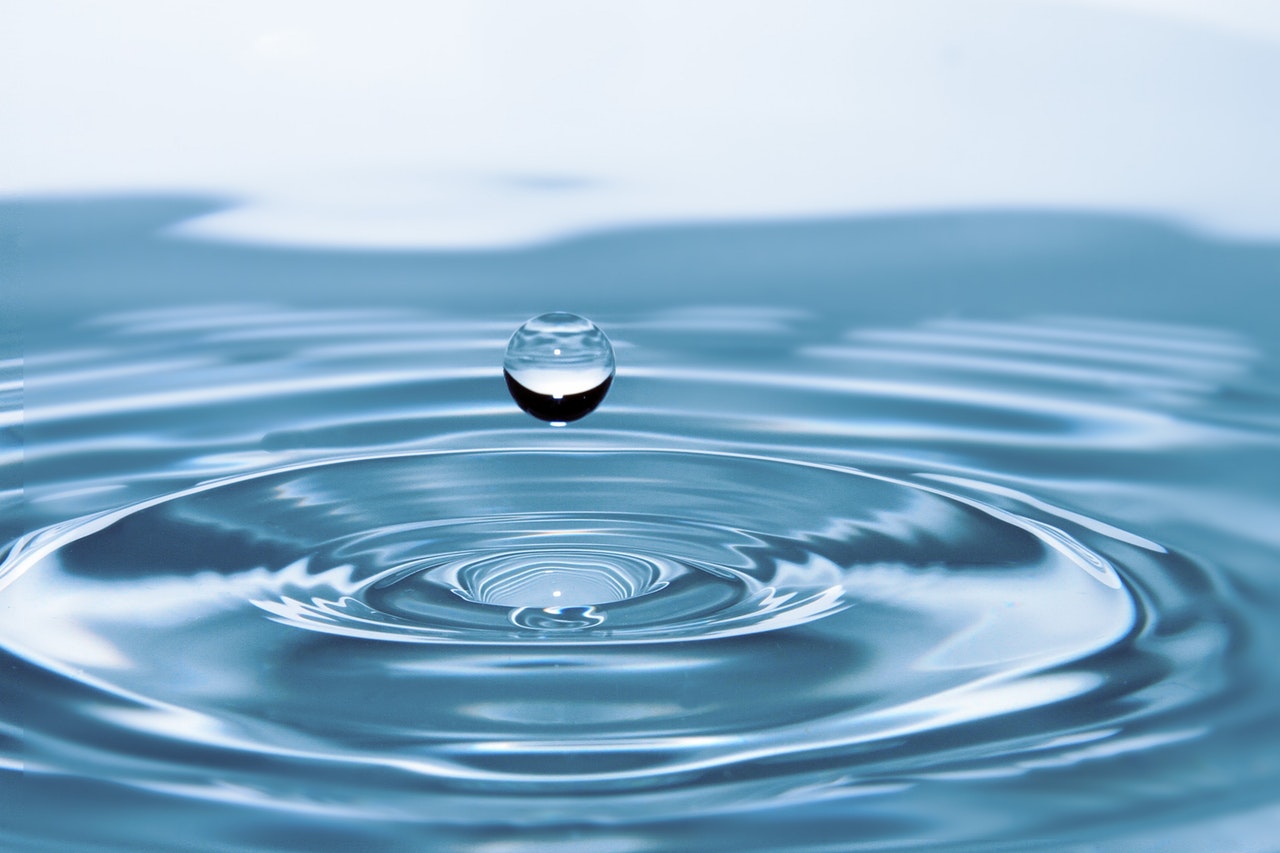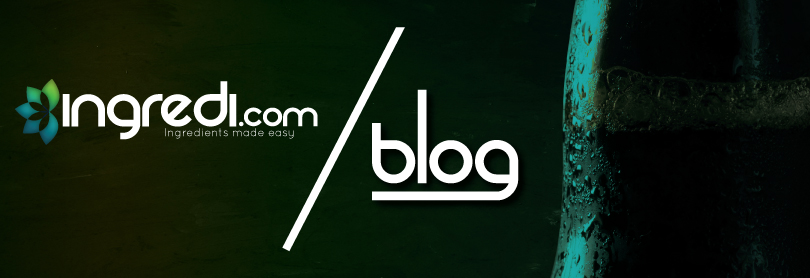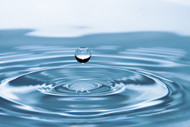What is Deionized Water?
By on Aug 7th 2019
Deionized water is a type of purified water where all ions have been removed, giving the water no charge. In many applications where water is used as an ingredient, purified water is preferred because organic materials and inorganic minerals are “impurities.”
Positively charged ions are called "cations" and negatively charged ions are called "anions". When conventional water is exposed to electrically charged resins, the cations and anions are replaced with hydrogen and hydroxyl, creating pure water (H20).
Deionized water, also called demineralized water or "DI Water," is like a blank slate: it will assume the chemistry of whatever products are added. It is not the same as distilled water, which undergoes a distillation process to remove nearly all minerals, many chemicals, and most bacteria. Distilled water can be more pure than deionized water because the process removes more impurities; however, the process is more costly and time-consuming. Additionally, deionized water can be filtered first to remove organic materials prior to deionization. The additional use of a reverse osmosis system will also remove a significant number of additional contaminants, leaving little ionized minerals remaining for the DI system.

What is Deionized Water Used For?
The presence of impurities can alter the taste of the end product, as well as its chemical composition, which is especially crucial to the medical field.
Think about it: water is added to a large number of applications, including food, beverages, personal care products, and healthcare products. If you’ve ever noticed that the water at your house tastes different that the water at work, it’s because the water contains different trace minerals and “impurities,” imparting a distinct taste. This difference can translate to the end product, as well. For example, large-scale breweries that make beer at various locations must ensure the water chemistry is the same to produce a consistent brew. Doing so involves using various beer additives to achieve such consistency.
Deionized water takes away such difference, making for a much more consistent product. Consistency and purity are of the upmost importance when it comes to the medical industry and pharmaceutical products. If water contains any impurities, it can affect the product’s chemical composition, potentially changing the effectiveness and even resulting in adverse health effects.
Saline solution, for example, must meet a specific standard called “water for injection,” which starts with deionized water. When the water is pure to begin with, you will always get an exact replica when you add the saline formula.
Other Uses for Deionized Water
Deionized water is used across a spectrum of industries besides food, beverage, and medical application. Manufacturers who need to rinse their products off after there are complete (such as glass) may require DI because regular tap water could result in mineral deposits. If you have hard water at home that results in cloudy/streaky glasses, you understand the possibility of TDS deposits.
Anyone in the biotech and pharmaceutical industries knows the importance of bacteria-free water; as stressed above, any water-containing substance that enters the human body needs to be free of organic content. These industries require thorough water filtering. DI may also be used in cooling applications, car engines, industrial machinery, and wastewater treatment.
Sources:
https://theberkey.com/blogs/water-filter/understanding-the-benefits-and-risks-of-deionized-di-water
https://puretecwater.com/deionized-water/what-is-deionized-water






